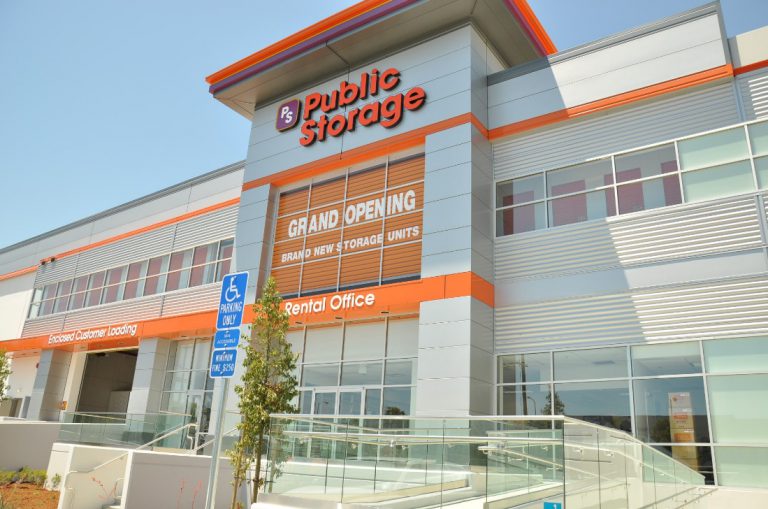7 Property Management Tips for Landlords during COVID-19
No one is immune to the effects of the current pandemic. Everyone is experiencing uncertainties and treading through uncharted waters — and landlords are no exception. Every state, county, and city has different guidelines and best practices when it comes to real estate operations during the pandemic. It is important to stay up to date on the regulations that apply to you, but you will likely still be left with a few questions. We want to help clear up some of your questions. Below is a curated list of 7 tips to help you navigate these trying times:
- Establish a Plan
- Make Safety Your Top Priority
- Perform Emergency Repairs Only
- Provide Online Resources for Non-Emergency Repairs
- Complete Showings Virtually
- Make Everything as Digital as Possible
- Communicate
Continue reading to see how these 7 tips will allow you to keep your real estate business afloat during COVID-19.
#1 Establish a Plan
First thing’s first, you need to sit down and flesh out a plan. Not all areas are experiencing the waves of COVID-19 equally, but having a plan laid out just in case your region is hit harder is wise. One of the primary steps in establishing a plan is educating yourself and your tenants on the best practices of prevention. Share the CDC’s recommendations amongst your tenants and staff, encouraging everyone to do their part. You should also keep yourself up to date on the local regulations that apply to real estate operations. Working within your region’s shifting restrictions will help keep everyone safe, so be sure to continue to check for updates as they are released.
#2 Make Safety Your Top Priority
While everyone is doing their best to socially distance, some contact is unavoidable. Encouraging tenants to stay home by sharing with them your own personal measures could be a step in the right direction. You should also try to keep heavily-trafficked common areas as clean as possible by disinfecting regularly. Any non-essential common areas should be closed or open with restrictions to maintain social distancing, as well. Asking tenants to help out by disinfecting their own areas will make a meaningful difference.
#3 Perform Emergency Repairs Only
In order to limit contact as much as possible, inform your tenants that only emergency repairs will be performed. Make sure they’re aware that it is for the safety of your staff, as well as their own health. When essential repairs must be completed, ensure that your staff follows CDC guidelines for prevention. Provide your maintenance team with gloves and face masks. You can also ask that your tenants disinfect the areas in which your team will be working before and after their visit.
A list of possible emergency repairs:
- Power outage
- Broken furnace or air conditioner
- Growing mold
- Broken washing machine or dryer
- Leaking roof
- Smells of gas or noxious fumes
- Broken key to unit
- Water heater isn’t working — no hot water
- Leaking pipes
- Broken stove or refrigerator
- Backed up toilet or sewage drain
- Fire or smoke damage
#4 Provide Online Resources for Non-Emergency Repairs
Not all maintenance requests will be suitable for immediate attention. Nonetheless, providing online resources so that tenants can make repairs themselves will go a long way in maintaining a strong tenant-landlord relationship. Online resources can take many different forms. You can assist your tenants by offering how-to videos with step-by-step instructions. Video calls between the tenant and you or a member of your maintenance team could also be a viable option. Additionally, you can request pictures and/or videos of the issue and then provide advice and the tools required for the repair.
#5 Complete Showings Virtually
Instead of doing face-to-face showings with prospective tenants, landlords can utilize video chat platforms to complete virtual showings. Zoom, Skype, FaceTime, and Google Hangouts are just a few of the many platforms that could make virtual showings possible. You can use your phone to walk the prospective tenant through the space and send them higher quality photos of amenities afterward. This way, you’ll still be able to provide a personalized showing of the unit, while also ensuring that there is no risk of potential exposure.
#6 Make Everything as Digital as Possible
Thanks to today’s technology, many of landlord responsibilities can be handled online, which was true even before the onset of the pandemic. With the help of property management software, landlords can collect rent payments, sign and renew leases, screen tenants, accept rental applications, field maintenance requests, and more — and it can all be done digitally. Doing as much of your business online as possible exemplifies a commitment to the health and safety of your tenants and staff. Management platforms have a well-established history of assisting landlords, meaning they can be relied on even during these times of uncertainty.
#7 Communicate
Last, but certainly not least, communicate! You, as well as your tenants, are likely feeling a lack of control due today’s constantly shifting state of affairs. The best way to re-establish a sense of control and normalcy is to open up lines of communication. Share your plans with your tenants and continue to update them as things change. Encourage tenants to message you with questions and respond to them promptly.
Stick to these seven tips and you’ll rest easy knowing you’re doing your part to fend off COVID-19. Because we all are experiencing varying degrees of fear, frustration, and uncertainty, being there for each other is the best thing we can do to show support — even if “being there” means being 6 feet apart.









